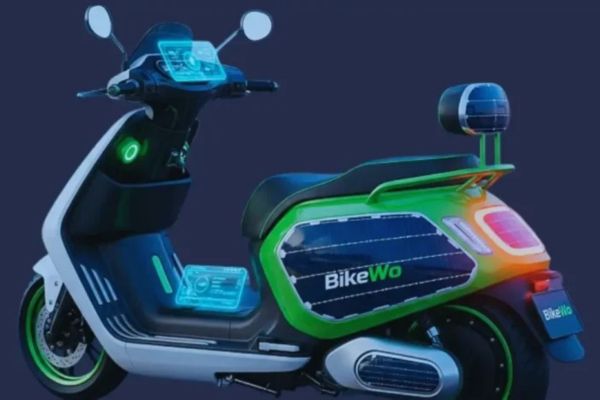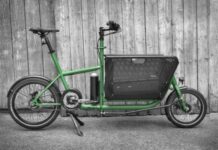In a major development to reshape last-mile logistics with sustainable innovation, BikeWo GreenTech Ltd has signed a strategic Memorandum of Understanding (MoU with Commerce Forever to launch and scale electric vehicle based delivery operations across Delhi NCR, Uttar Pradesh, Haryana, and nearby regions.
Under the signed agreement, BikeWo will lease 1,500 to 2,500 electric two-wheelers to delivery partners operating within Commerce Forever’s B2B e-commerce supply chain. Collaboration aims to reduce 547 tonnes of CO₂ emissions, cut logistics costs, and empower rural delivery partners. This initiative aims to promote skill sets in rural youth, cut carbon emissions, reduce logistics costs, and build a tech-driven B2B logistics network.
The signed MoU includes the setup of regional skill development centres to train delivery partners targeted in rural areas for EV operations, safety procedures, and tech-enabled logistics systems. The two companies will also jointly invest in technology platforms to make rider onboarding faster, route optimisation more efficient, and fleet management more effective.
“This partnership is not limited to vehicle leasing for us, but we believe it’s a holistic, technology-led approach to green commerce. We’re merging clean mobility, digital logistics, and rural skilling into one impactful model. And also for job creation and skill development perspective, the regional training centres will focus on delivery partners training focused on rural areas, that is a significant step in job creation,” said Mr. Manideep Katepalli, Managing Director of BikeWo Green Tech Limited
We’re excited about this partnership. It fulfills our ambition to redefine last-mile delivery as cleaner, smarter, and more inclusive, and it aligns with India’s decarbonisation goals. We aim to build future-ready logistics while also empowering communities,” Sanjay Kumar Gupta (Partner), Commerce Forever
India’s last-mile delivery market is expected to reach $6–7 billion by 2027, fueled by the e-commerce boom and rising demand for faster, greener deliveries. With EV adoption rising, partnerships like this are essential to solving the dual challenge of logistics efficiency and environmental impact.

















